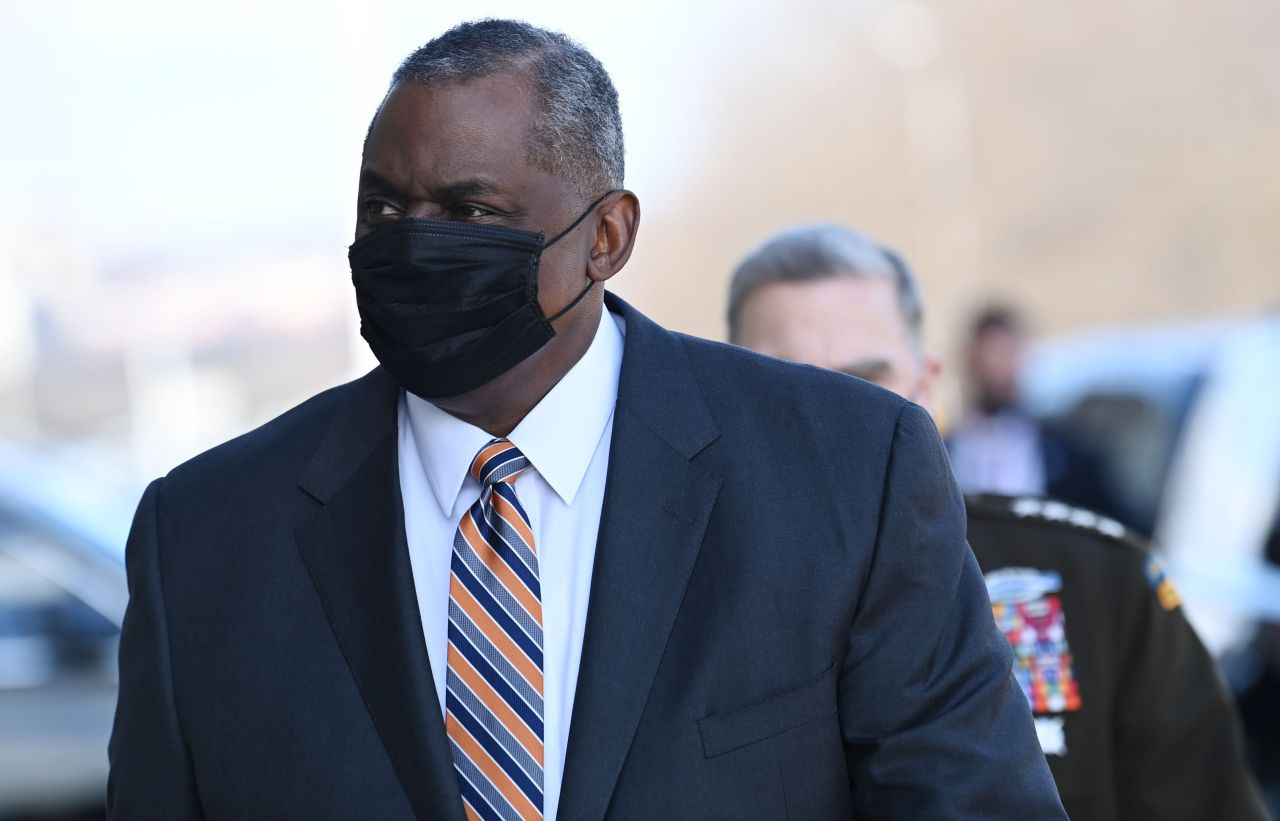 |
Incoming US Secretary of Defense Lloyd Austin arrives at the Pentagon in Washington, DC last Friday. (APF-Yonhap) |
South Korea's Defense Minister Suh Wook held telephone talks Sunday with newly confirmed US Defense Secretary Lloyd Austin, where the two reaffirmed the importance of their alliance and agreed to closely cooperate on developing it, Seoul's defense ministry said.
During the dialogue, which took place upon Washington's request, the two defense chiefs agreed that the Seoul-Washington alliance is more important than ever and promised to cooperate on improving the relationship, as well as openly communicate on relevant issues.
Suh congratulated Austin on his confirmation and mentioned how he is the right person to take on the duties of a US defense secretary, while Austin mentioned how the Seoul-Washington alliance is a "linchpin" for the peace and stability in Northeast Asia.
The defense chiefs agreed to meet in person in the near future to hold more profound talks on pending issues, the ministry said.
In a release carried on its website, the US Department of Defense said the two defense chiefs reaffirmed the "ironclad US-ROK Alliance and emphasize the importance of close cooperation between the two countries."
It mentioned how Austin "underscored the US commitment to defend the ROK through both the US-ROK combined defense posture and the US extended deterrent."
It added that both sides "noted the need to maintain the readiness of Alliance combined forces, affirmed the importance of maintaining the rules-based international order, and agreed to enhance cooperation on shared threats."
Austin, a retired US Army general, became the first African-American secretary of defense after winning Senate confirmation Friday. The Senate voted 93-2 to approve Austin, two days after Joe Biden was sworn in as president.
The new US defense chief served in various top posts of the military, including as vice chief of staff of the Army but is said to have had no direct experience with Asia.
Still, he vowed to work closely with US allies, including those in Asia. (Yonhap)





![[Exclusive] Hyundai Mobis eyes closer ties with BYD](http://res.heraldm.com/phpwas/restmb_idxmake.php?idx=644&simg=/content/image/2024/11/25/20241125050044_0.jpg)
![[Herald Review] 'Gangnam B-Side' combines social realism with masterful suspense, performance](http://res.heraldm.com/phpwas/restmb_idxmake.php?idx=644&simg=/content/image/2024/11/25/20241125050072_0.jpg)

